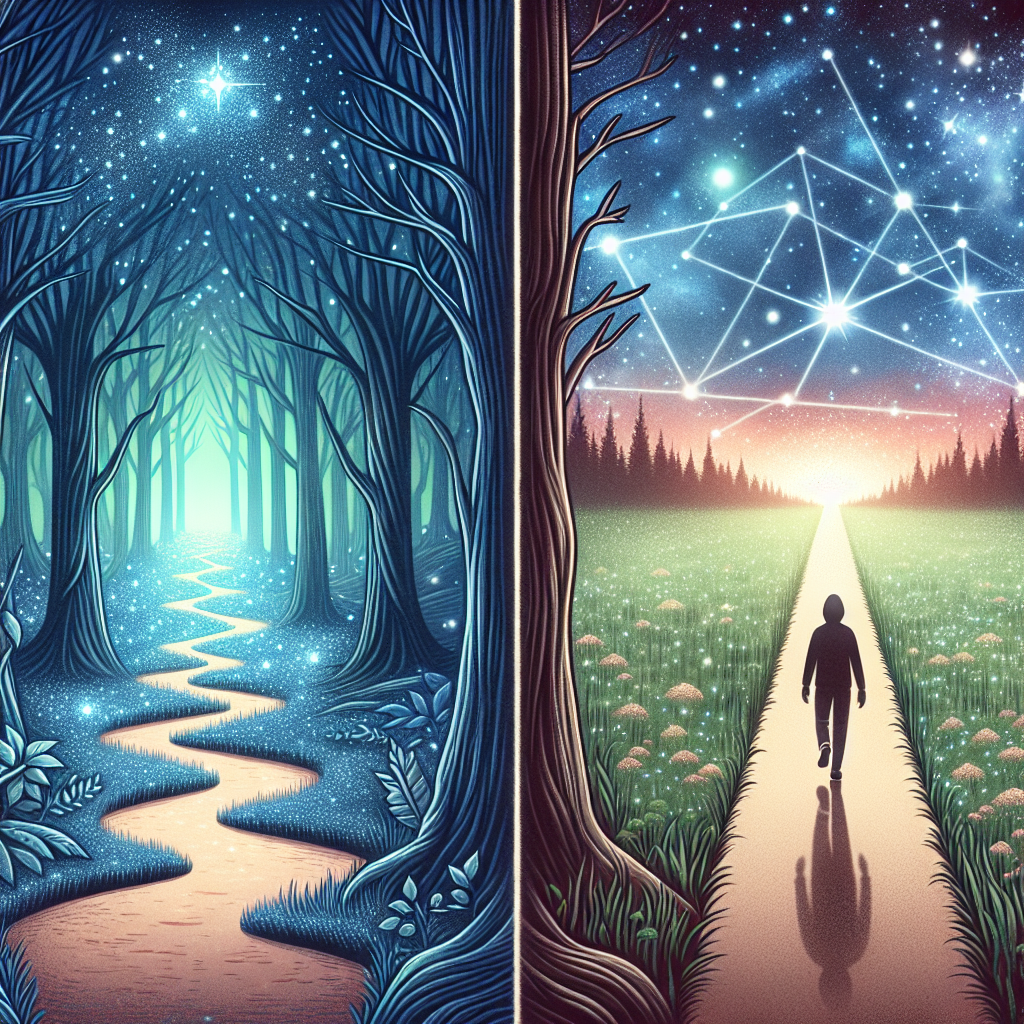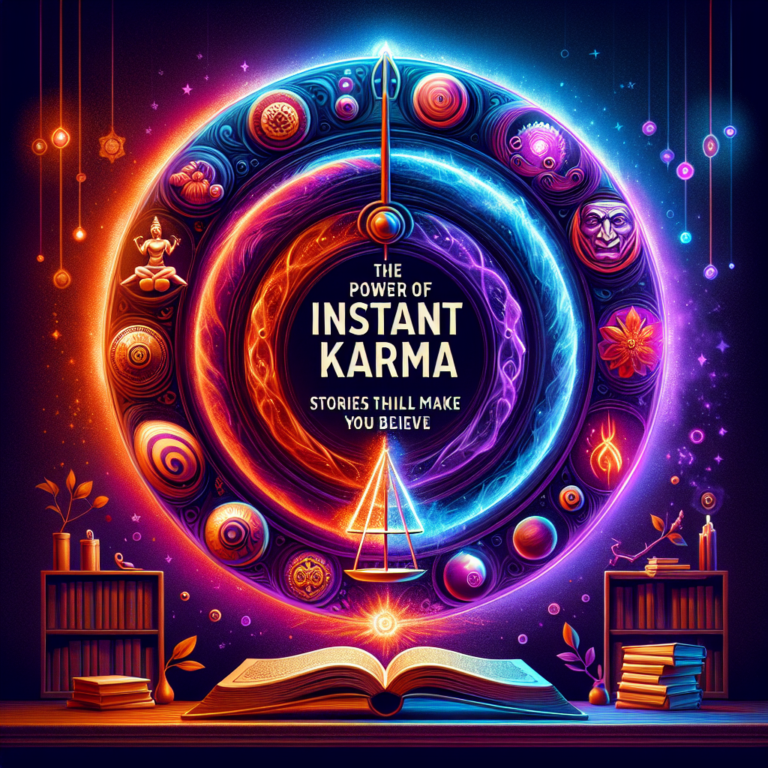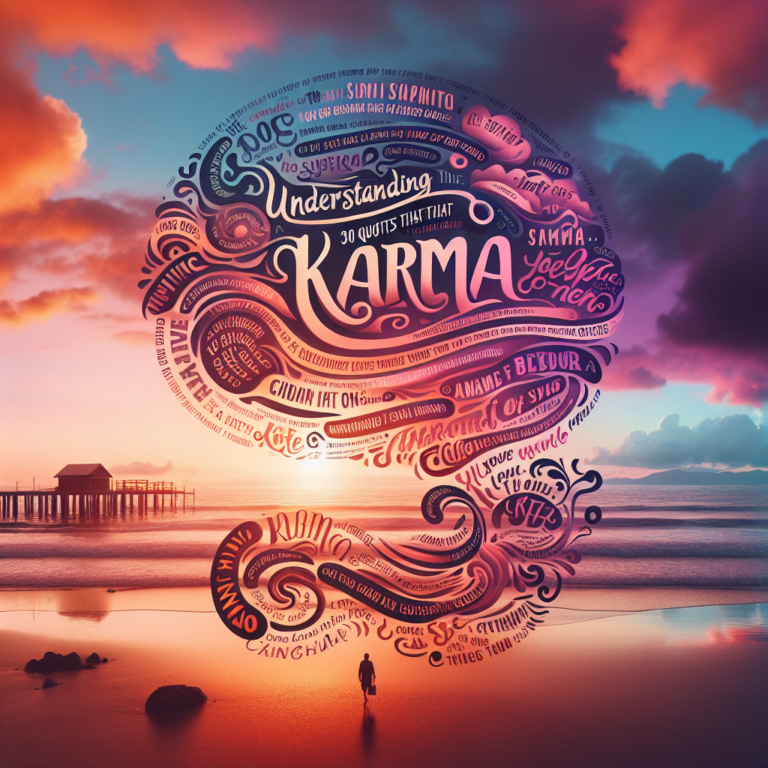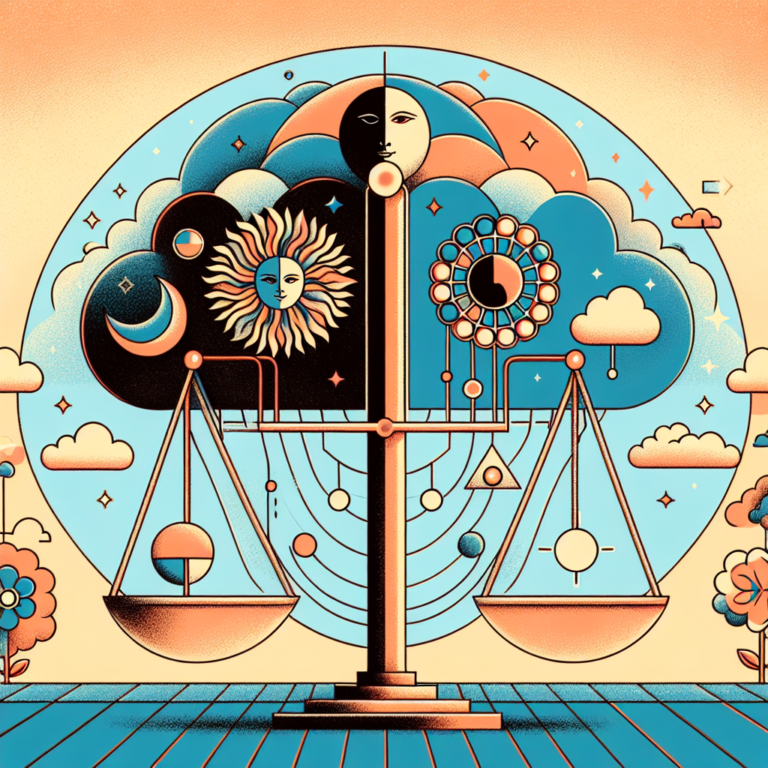The age-old debate of destiny versus free will has fascinated philosophers, theologians, and thinkers across the ages. The essence of this discourse revolves around a fundamental question: to what extent are our lives directed by predetermined paths versus our ability to make choices independently? As civilizations have evolved, so too have the interpretations and implications of destiny and free will. This article seeks to traverse this philosophical landscape, examining the different perspectives and insights into the intricate relationship between destiny and free will.
Understanding Destiny
Destiny often implies a fixed sequence of events that are meant to occur. Many belief systems, particularly religious ones, suggest that a supreme power outlines a plan for each individual or the universe as a whole. This idea posits that there is an inevitability to the life events we experience, suggesting that our paths are charted out from the moment of our existence.
Theological Perspectives on Destiny
In various religious doctrines, the concept of destiny is deeply entrenched. For instance, in Christianity, there is a belief in predestination—an idea that God has eternally chosen those whom he intends to save. Similarly, in Hinduism, the concept of “karma” often intertwines with destiny, where one’s past actions shape future experiences, implying that life results from one’s previous choices, albeit under a divine framework.
Philosophical Perspectives on Destiny
Philosophers such as determinists argue that every event or action in the universe, including human actions, is determined by preceding events in accordance with the natural laws that govern the universe. Determinism suggests that given the same circumstances, every event would transpire the same way, creating a deterministic outlook on life. This view contrasts sharply with the existentialist perspective, which believes in the significance of personal experience and the individual’s role in shaping one’s future.
Understanding Free Will
Contrasting with destiny, free will champions the notion that individuals have the capacity to choose differently. It implies that human beings have autonomy and are responsible for their decisions, which are not preordained or dictated by fate. This concept encourages personal accountability and moral responsibility.
Philosophical Theories on Free Will
Various philosophical approaches explore free will. Compatibilists argue that free will and determinism are not mutually exclusive; one can believe in a deterministic universe while still acknowledging that individuals can exercise free will in making choices. On the other hand, libertarians regarding free will insist on an existence that is beyond merely predetermined paths, advocating for genuine choice and moral responsibility.
Psychological Perspectives on Free Will
Psychology also delves into the concept of free will, particularly examining how perception of control can influence behavior and decision-making. Research indicates that individuals who believe they have control over their lives tend to show higher resilience and better overall mental health. This shows that the perception of free will can have tangible effects on one’s life experience.
The Intersection of Destiny and Free Will
The dialogue between destiny and free will often reveals itself in the acknowledgment that these concepts may coexist, albeit in complex ways. For instance, while certain life events may feel predetermined—such as birth circumstances or unforeseen challenges—how we respond to these events can reflect our free will. Thus, many hold the view that while destiny outlines the stage upon which we perform, free will allows us to choose our roles within that performance.
The Role of Choice in Destiny
Exploring the interaction between destiny and free will raises the nuanced idea that what feels predetermined may actually be influenced by our choices along the way. One interpretation is that destiny sets the context in which individuals operate, while free will permits one to navigate that context differently. In this sense, destiny may create barriers or opportunities, yet free will equips us with the tools to respond to these situations.
Quantum Mechanics and Free Will
Emerging discussions in quantum mechanics have also contributed to this dialogue. The indeterminacy inherent in quantum events has led some to theorize that if at the fundamental level reality is not deterministic, there may be room for free will. This interplay between the unpredictable nature of particles and human choices raises significant questions about the extent of our autonomy, and whether it is a manufactured illusion or a genuine trait of human experience.
Popular Culture Representations
The themes of destiny and free will have been staples in literature, cinema, and other forms of storytelling. Works such as Shakespeare’s “Macbeth” explore the consequences of predestined fate, while films like “The Matrix” question the very nature of perception and reality. Examining these representations allows us to glean insights into contemporary views surrounding free will and destiny.
Examples in Literature
In literature, characters often grapple with these themes. In “Romeo and Juliet,” the idea of star-crossed lovers signifies fate leading to tragedy, while in “Slaughterhouse-Five,” Kurt Vonnegut presents a protagonist who experiences time non-linearly, suggesting the intermingling of fate and personal choice.
Examples in Film
Movies often depict characters facing the questioning of their own autonomy. In “Groundhog Day,” Bill Murray’s character grapples with the notion of repetition and path alteration, underscoring the concept that change is possible even in a seemingly predetermined scenario. The “Final Destination” series presents characters attempting to evade death, allotted a destiny they originally escaped, thus reinforcing the idea of a predetermined path that still sparks active human effort.
Conclusion
The discourse surrounding destiny and free will is intricate and multifaceted. Throughout history, numerous philosophical, theological, and psychological perspectives have offered varying insights into whether our lives are predetermined or if we possess the autonomy to forge our own paths. While destiny may outline certain frameworks of opportunity and challenge, our exercise of free will enables us to embrace those circumstances and make transformative choices.
The reconciliation of these two powerful concepts invites a nuanced understanding: rather than seeing destiny and free will as opposing forces, they can be viewed as complementary aspects of human experience. The choice becomes not about a binary decision but rather about navigating the complex interplay of fate and autonomy. This ultimately leads us to embrace life’s uncertainties while acknowledging both the paths laid before us and the power we hold in choosing our responses—a dance of destiny and free will.
FAQs
1. What is the difference between destiny and fate?
Destiny refers to a predetermined course of events that can imply a sense of purpose or inevitability, while fate often denotes the consequences of one’s actions or the outcomes that are inactive, often without regard to individual choices.
2. Can destiny and free will coexist?
Yes, many philosophies suggest that while certain events might be predetermined, individuals still have the capacity to make choices that can influence their experiences and paths within the larger context of destiny.
3. How do cultural perspectives influence beliefs about destiny and free will?
Cultural backgrounds and religious beliefs can heavily influence how societies perceive destiny and free will. For instance, Eastern philosophies often emphasize karma and balance, while Western thoughts might lean towards individualism and personal agency.
4. What role does psychology play in our understanding of free will?
Psychology explores how beliefs about free will can influence behavior, mental health, and resilience. Individuals who perceive they have control over their actions are generally more likely to show positive outcomes and healthier coping mechanisms.
5. What examples in pop culture explore these themes?
Numerous films like “The Matrix” and literature such as Shakespeare’s “Macbeth” explore predetermination and personal choice, engaging audiences in the philosophical debate surrounding these two concepts.
It seems like you might have missed providing a specific prompt. How can I assist you today? If you have a particular topic or question in mind, feel free to share it!, #Destiny #Free #Path #Predetermined, #Destiny #Free #Path #Predetermined, 1736286905, destiny-vs-free-will-is-our-path-predetermined





